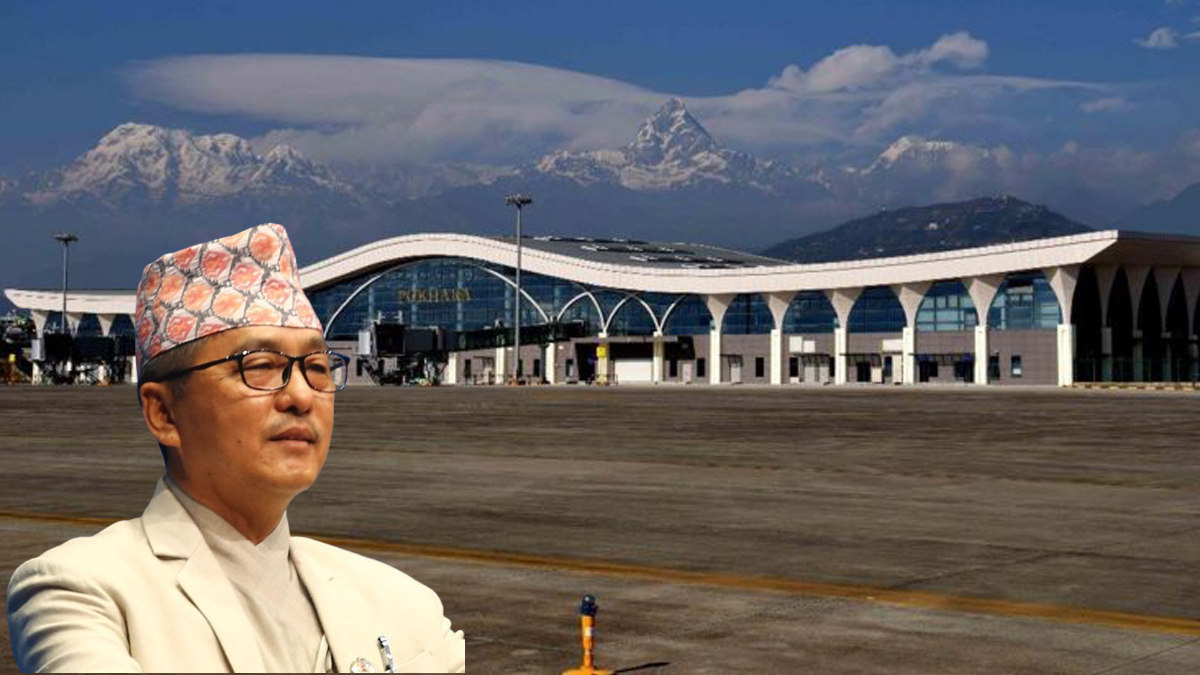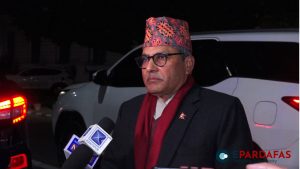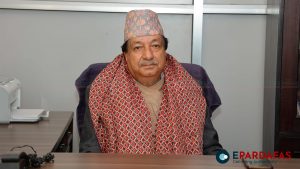
PRIA Irregularity: CIAA Investigation Delayed, PAC Subcommittee’s Role Crucial
Suspicions of irregularities have surfaced in the construction of Pokhara International Airport, a project undertaken by a Chinese company financed through a loan from the Chinese Exim Bank. The Commission for Investigation of Abuse of Authority, the Office of the Auditor General, and the Public Accounts Committee have all raised alarms regarding potential malpractices in the execution of this crucial infrastructure endeavor.
Despite concerted efforts to uncover the truth, persistent confusion and delays in the investigative process have cast a shadow over accountability prospects. Concerns linger about whether those implicated will indeed face the consequences for any wrongdoing, raising questions about transparency and oversight in major foreign-funded projects within Nepal.
Auditor General’s Questions on Financial and Physical Aspects
The Auditor General’s office has been consistently raising concerns about a specific project over the past two years. In its recent reports, it highlighted irregularities in the allocation of funds and the management of a major airport construction project in Pokhara.
Last year’s report from the Auditor Account revealed that the Ministry of Finance had allocated 2.22 billion rupees for customs duties to this project office in an irregular manner.
In the Auditor General’s 60th report, it was pointed out that the country suffered due to financial and infrastructural mismanagement during the airport’s construction. Issues included contract non-compliance, errors in runway construction leading to increased state expenses, and excessive consultant fees. These findings have cast doubt on the project’s chief officer and other officials.
The airport construction began under an agreement between the government and the Chinese contractor CAMCE, valued at US$ 244 million, including taxes. However, contrary to the agreement, the project received exemptions worth 2.22 billion rupees in customs duties, tariffs, and VAT.
Furthermore, discrepancies were noted regarding tender agreements and the unauthorized discounting of fees, raising concerns about potential misappropriation of disbursed funds by the Ministry of Finance.
In the latest 61st report, the Auditor General has questioned the absence of international flights at the completed airport, highlighting ongoing issues and oversight in project management.
Delay of CIAA
Last year, on October 29, the Commission for the Investigation of Abuse of Authority (CIAA) seized airport documents following a complaint alleging doubled construction costs, contract process manipulation, and poor construction quality.
Despite eight months passing since then, the authority has yet to conclude its investigation.
Narahari Ghimire, spokesperson for the Authority, stated that he would provide information once he understands the status of the airport investigation process.
“We can only provide information after determining whether an investigation into this matter is ongoing,” he told epardafas.
Subcommittee to Investigate Irregularities
Amidst administrative confusion, the Public Accounts Committee (PAC) of the House of Representatives has recently established a sub-committee to investigate irregularities surrounding the construction of Pokhara Airport. The project, initiated in the fiscal year 2074/75 with a targeted completion in 2077/78, faced a two-year delay and escalated costs from 22 billion to 25 billion 34 million Nepali Rupees, raising suspicions of mismanagement, particularly attributed to delays by the Chinese contractor.
- China Warns U.S. Over Taiwan Military Aid, Accuses Washington of ‘Playing with Fire’
- 101st Birth Anniversary of Nepali Congress Founding Leader Krishna Prasad Bhattarai Commemorated
- Nepal’s Exports Rise by 16.5% in Five Months Amid Trade Deficit
- Cabinet Decisions: DIGs Singh and Bohara Promoted; Key Policy Changes Approved













Comments